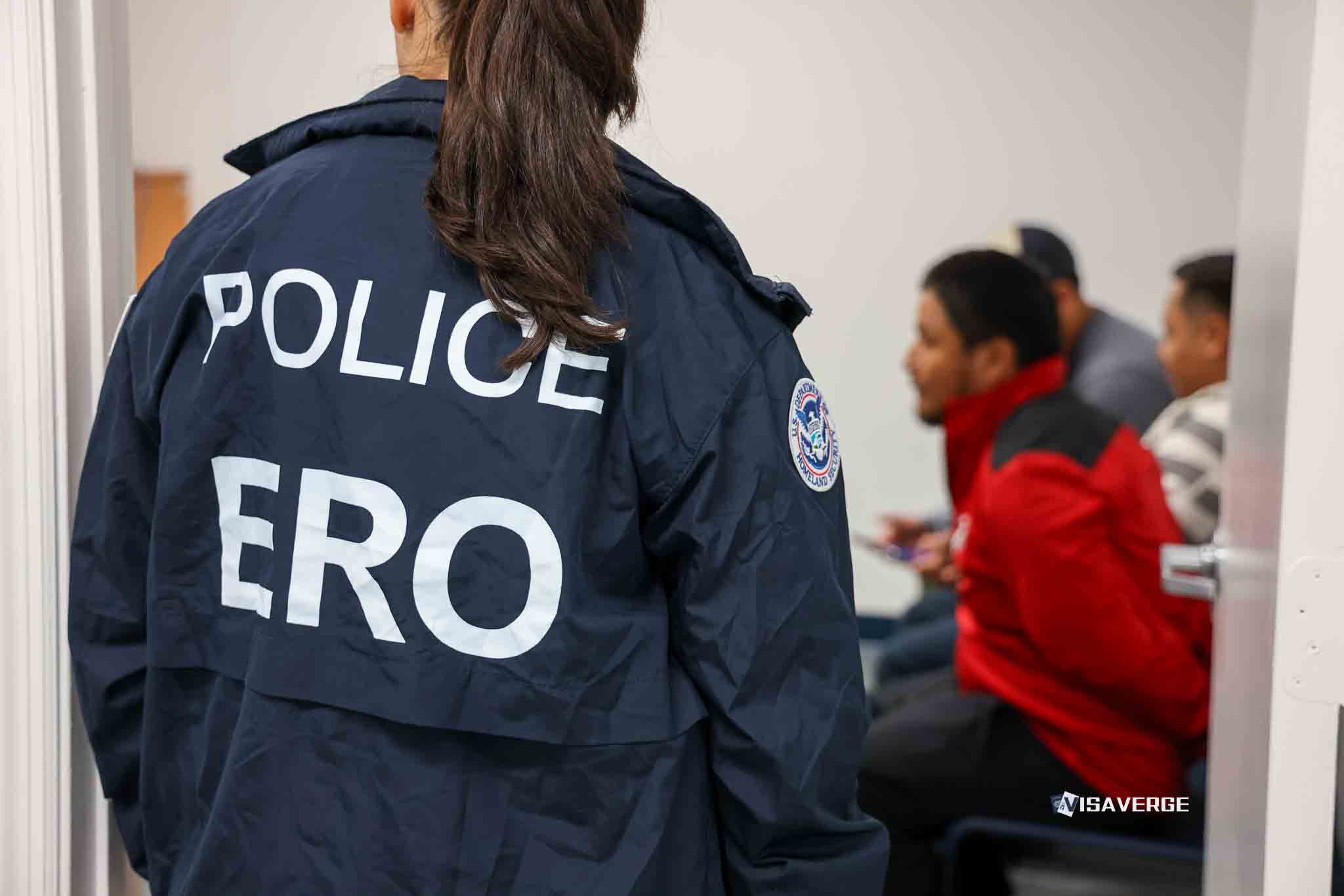The United Kingdom issued a new travel advisory in 2025 placing Hungary alongside Switzerland, Canada, Greece, Japan, and South Africa amid concerns about stringent visa policies and rising security threats, urging British nationals to plan more carefully before trips. The Foreign, Commonwealth and Development Office said travelers should expect tighter immigration controls, more complex entry checks, and the chance of disruption linked to civil unrest and evolving safety risks.
The update affects holidaymakers, business visitors, students, and dual nationals, and marks a notable shift for countries that many Britons visit without much planning beyond a passport and return ticket.

What the advisory says about entry rules and checks
Officials highlighted that Hungary remains part of the Schengen area’s visa-free regime for short stays, allowing British passport holders to visit for up to 90 days in any 180-day period without a visa. However, the government warned that “new security measures and visa regulations are making entry more complex,” a change connected to broader political instability, terrorism threats, and organised crime risks cited across the countries named.
According to analysis by VisaVerge.com, this tightening trend mirrors a wider move in Europe and beyond to strengthen borders while introducing new pre-travel checks that screen visitors before they board flights or cross land frontiers.
Practical advice and advance planning (what travellers should do)
Travelers are urged to plan ahead and take these actions close to departure:
- Verify entry requirements shortly before travelling.
- Keep proof of accommodation and funds readily available.
- Carry travel insurance that covers medical care, trip interruption, and emergency evacuation.
- Have return or onward tickets and passport validity well in hand.
Airlines may refuse boarding if documentation is incomplete, and on-the-spot decisions by border police could delay entry or shorten stays if visitors cannot explain their plans or show supporting papers.
While many trips to Hungary continue without incident, the government’s tone reflects a desire for extra caution as immigration rules and security practices evolve.
Why Hungary stood out in this advisory
Hungary’s inclusion is notable because it remains a popular destination for short breaks and cultural tourism. Budapest’s busy festival calendar and year-round low-cost flights have long made it an easy pick for British travellers. The UK guidance warns that:
- Changes to screening and targeted checks could affect airport arrivals or inner-city transport at short notice.
- Sudden demonstrations or political rallies may disrupt local transit or airport schedules.
- Officials have not pointed to a single new law causing immediate disruption, but describe a climate where border officers pay closer attention—especially when documents, itineraries, or insurance appear incomplete or inconsistent.
ETIAS and the future of short trips to Schengen (including Hungary)
The advisory looks ahead to the European Union’s roll-out of ETIAS (European Travel Information and Authorization System) in late 2026. Key points:
- ETIAS is an electronic travel authorization linked to a traveller’s passport—similar to systems used elsewhere.
- It will apply to visitors from visa‑exempt countries, including the United Kingdom, when it goes live.
- Expect an extra pre-travel step, including a fee and processing time, which could make last-minute trips harder to arrange.
The UK frames ETIAS as part of a broader effort to improve border security and streamline entry but cautions about extra compliance requirements during rollout.
Safety and civil unrest considerations
With Hungary grouped alongside Switzerland, Canada, Greece, Japan, and South Africa, the advisory signals attention to both visa/entry rules and general safety conditions:
- The reference to civil unrest reflects a pattern where protests, strikes, or rallies can flare with little notice.
- These events can disrupt transport and local services—even if British travellers are not specifically targeted.
- The government recommends:
- Following local news,
- Enrolling in alert services where available,
- Keeping emergency contacts handy.
Documents, checks, and likely outcomes at border control
Travellers to Hungary should expect firm checks on:
- Passport validity
- Return or onward tickets
- Proof of funds
- Accommodation details
These Schengen checks are being enforced more consistently. If asked, visitors should be ready to explain the purpose of their stay and show paperwork that aligns with their plans. Tighter controls increase the chance of delays when documents don’t match or travellers cannot answer basic itinerary questions.
Risk level and overall message
Despite the cautious tone, Hungary’s official UK travel advice remains at Level 1: Exercise normal precautions. That suggests day-to-day conditions remain stable for most visitors, even as the UK flags the possibility of sudden change.
The combined message is:
- Trips are still going ahead, but the room for error is narrowing—particularly regarding documentation, insurance, and real-time safety updates.
- Travellers with health conditions or complex itineraries should build in extra time and consider flexible tickets.
Advice from airlines, tour operators and insurers
- Airlines can refuse boarding and may face fines for transporting passengers who are refused entry, so they are strict about paperwork at the gate.
- Tour operators advise customers to double-check requirements before departure.
- Travel insurance firms remind policyholders that missing documents or failure to follow official advice can affect claims.
This aligns with the government’s guidance to purchase comprehensive coverage and review policy terms carefully.
Wider context: global border-security trends
The UK’s advisory is part of a wider global move to invest in pre‑clearance tools and shared watchlists designed to prevent security problems at the border. Hungary’s upcoming ETIAS requirement fits in that shift.
While these systems are intended to streamline entry for legitimate travellers, they can temporarily slow travel during rollout periods and introduce new compliance points.
Final practical checklist
Before travelling to Hungary, the government recommends you:
- Check the rules directly before booking and again before departure.
- Keep paper and digital copies of key documents.
- Purchase comprehensive travel insurance and understand cover limits.
- Monitor local news and sign up for travel alerts.
- Allow extra time for border or security checks—especially if you have a complex itinerary.
For up-to-date entry information, safety advice, and border procedure changes, review the UK Foreign, Commonwealth & Development Office travel advice for Hungary: https://www.gov.uk/foreign-travel-advice/hungary.
With the UK travel advisory emphasising stringent visa policies and tighter border checks, careful preparation has become an essential part of trips to Hungary.
This Article in a Nutshell
The UK’s 2025 travel advisory cautions travellers to Hungary about stricter visa policies, heightened security checks, and potential civil unrest. Hungary remains visa‑free for short stays (90 days in 180), but border officers are enforcing documentation and screenings more consistently. The EU’s ETIAS authorization will take effect in late 2026, adding a fee and processing step that could complicate last‑minute trips. The FCDO recommends verifying requirements, carrying proof of funds and accommodation, purchasing comprehensive insurance, and allowing extra time for checks.













